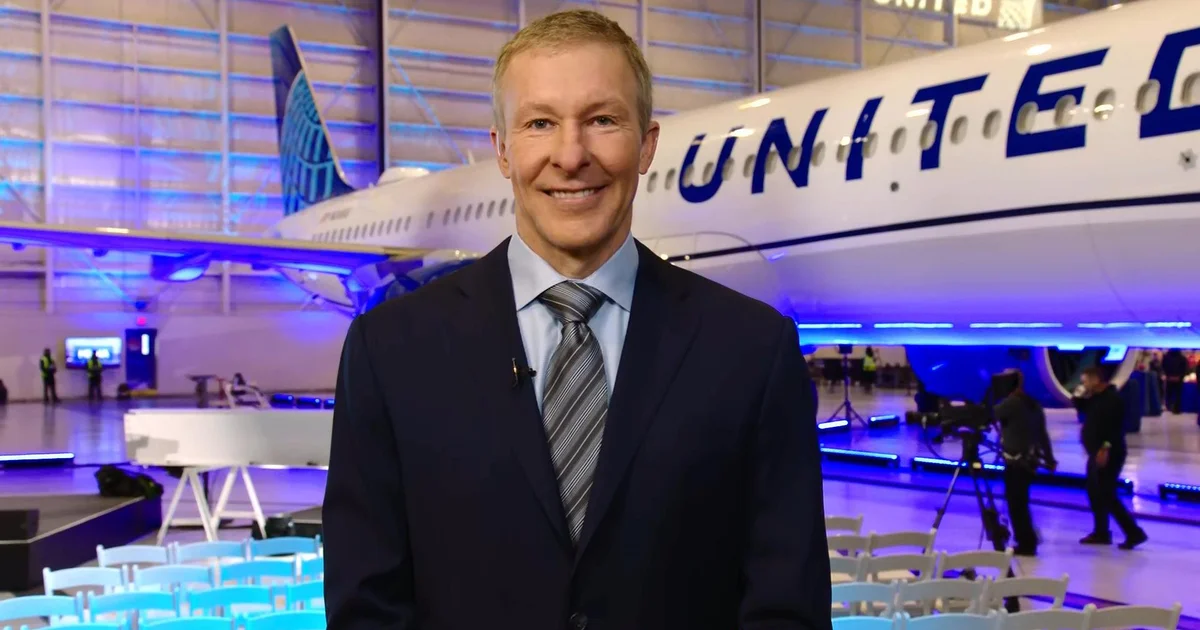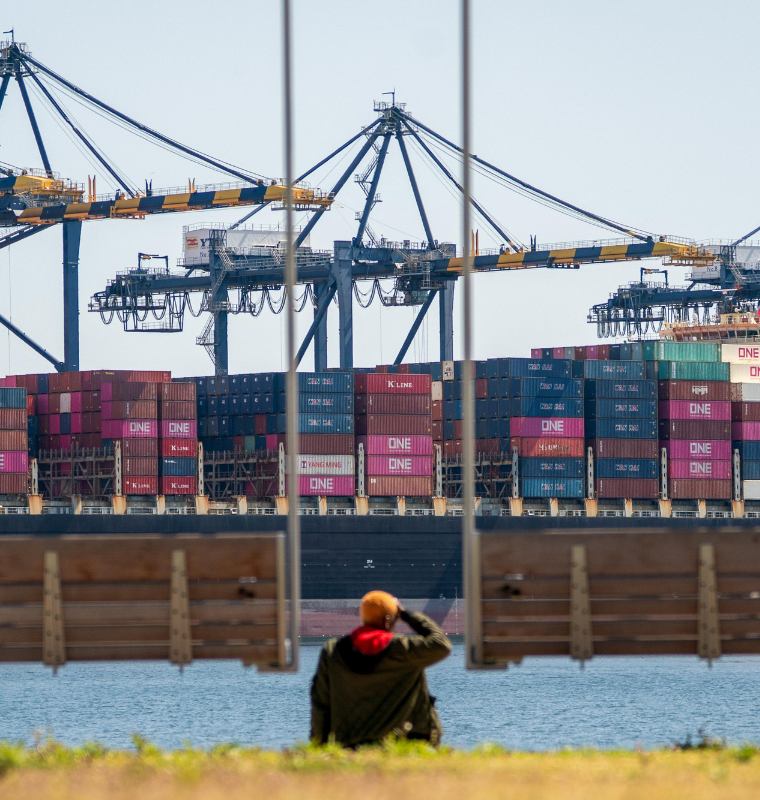United Airlines CEO Warns Extended Government Shutdown Could Ground Traveler Confidence
United Airlines CEO Warns Extended Government Shutdown Could Ground Traveler Confidence
By
Calder Monroe
Last updated:
October 17, 2025
First Published:
October 17, 2025

Photo: CBS News
As the federal government shutdown stretches beyond its second week, United Airlines CEO Scott Kirby has sounded the alarm that the prolonged stalemate could soon begin to hurt passenger bookings and airline revenues. While the carrier has yet to feel a direct hit, Kirby cautioned that travelers’ confidence could erode quickly if Congress fails to reach a deal.
Speaking during United’s quarterly earnings call on Thursday, Kirby noted that early optimism among travelers is fading. “For the first couple of weeks, people thought it would be resolved quickly, so it was business as usual,” he said. “But as time goes on, people read the headlines, lose confidence, and start rethinking their travel plans. That’s when bookings will take a hit.”
Kirby did not specify an exact point at which the shutdown’s impact would become visible, but he warned that “every day that goes by, the risk to the U.S. economy grows. I hope we can avoid an unforced error here.”
Airlines Brace for Potential Disruption
The shutdown, which began October 1, has forced hundreds of thousands of federal employees to work without pay, including TSA officers and air traffic controllers who are essential to maintaining safe flight operations. While airports remain open, industry leaders warn that prolonged stress on personnel could lead to slower security lines, delayed flights, and reduced efficiency.
Kirby’s comments echo those of Delta Air Lines CEO Ed Bastian, who last week expressed similar concerns. Although Delta’s operations remain stable, Bastian said an extended shutdown could “have a chilling effect on travel demand,” particularly among business travelers who rely on government coordination for international or regulatory processes.
According to the Airlines for America trade group, U.S. carriers collectively lose an estimated $150 million per day in passenger revenue during major travel disruptions — a scenario the industry hopes to avoid.
Staffing Shortages and Safety Concerns
The Federal Aviation Administration (FAA) has already raised alarms over staffing shortages at critical facilities. Last week, the agency reported disruptions at airports in Nashville, Tennessee, and Burbank, California, due to thin staffing among air traffic controllers.
Members of the National Air Traffic Controllers Association (NATCA) have also begun public demonstrations. On Tuesday, union members distributed flyers outside New York’s LaGuardia Airport, Washington D.C., and Chicago O’Hare, urging travelers to pressure lawmakers to reopen the government.
The situation evokes memories of the 2018–2019 government shutdown, which lasted 35 days, the longest in U.S. history. That impasse ended only after air travel in the Northeast nearly came to a standstill due to controller shortages, forcing the government’s hand.
Growing Risk to the Economy and Travel Industry
Analysts warn that the longer the shutdown drags on, the greater the impact will be on consumer sentiment, business travel, and the broader economy. Air travel accounts for over 5% of U.S. GDP, and the sector supports more than 10 million jobs nationwide. Any prolonged downturn in bookings could ripple across airports, hotels, and tourism businesses.
Industry observers say airlines are walking a fine line — maintaining operations while managing rising costs and uncertain demand. “Airlines are resilient, but uncertainty is the enemy of travel,” said Henry Harteveldt, a travel industry analyst. “Once travelers start worrying about delays, paychecks, or safety, they postpone their trips.”
The Bottom Line
For now, United Airlines continues to operate smoothly, but executives are closely monitoring booking trends as the political stalemate drags on. Kirby’s warning highlights growing unease across the travel industry — an industry that, after years of pandemic turbulence, can ill afford another wave of disruption.
As the shutdown enters its third week, the message from airline leaders is clear: restore stability before confidence — and bookings — take off in the wrong direction.
Popular articles
Subscribe to unlock premium content
Merch, Meals, and Memories

Innovating One Feature at a Time

Zero Taxes, Maximum Attraction – Why Monaco is the ultimate playground for the wealthy.

Merch, Meals, and Memories

Innovating One Feature at a Time

Merch, Meals, and Memories







.png)

